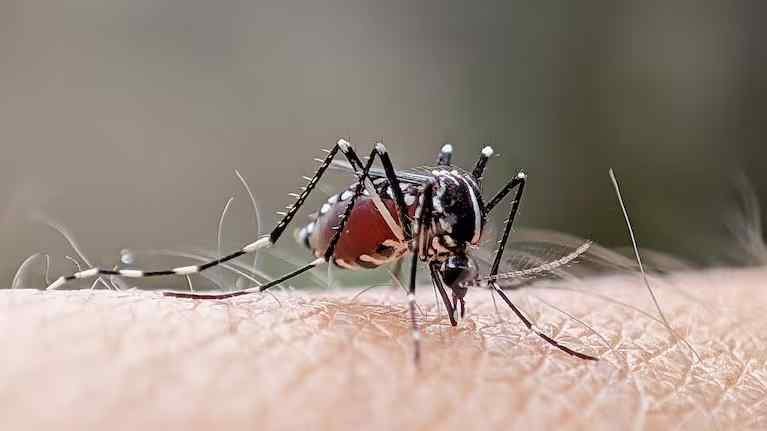Islamabad’s health authorities have confirmed 122 cases of dengue fever this season, as officials scramble to contain the mosquito-borne virus amid heavy monsoon rains and rising temperatures.
The figures, shared on Wednesday by the District Health Office, show that the outbreak is concentrated in Islamabad’s rural areas, which account for 107 cases, while 15 have been reported in urban localities. In the past 24 hours alone, 27 new infections were detected. Health teams also noted that nearly one in five patients recently traveled to Murree, where environmental conditions remain favourable for mosquito breeding.
Health Minister Urges Swift Action, Public Cooperation
State Minister for Health Dr. Mukhtar Bharath visited the district health office to assess the situation and called for a coordinated response.
“The fight against dengue is inseparable from climate realities,” Bharath said, pointing to the surge in mosquito populations following intense rainfall. He directed the Islamabad Health Regulatory Authority to ensure every private hospital and laboratory in the city has access to ELISA tests — considered a key tool for timely diagnosis.
Bharath stressed the importance of real-time data sharing between health facilities to speed up containment efforts. While reaffirming the government’s commitment to an “integrated strategy” against the virus, he emphasised that public vigilance — from eliminating stagnant water to seeking early treatment — remains critical.
Rawalpindi Moves Quickly as Cases Rise to 88
Neighbouring Rawalpindi is also battling a growing dengue threat. The District Health Authority reported 10 new infections on Wednesday, pushing the city’s total to 88. In response, local authorities unveiled an urgent action plan that combines intensified mosquito surveillance, environmental clean-up drives, and tighter accountability for health workers.
Deputy Commissioner Hassan Waqar Cheema and MNA Tahira Aurangzeb jointly chaired a high-level meeting to review dengue control measures. Cheema has ordered union council-level sweeps and early mobilisation of resources, warning that September — historically a peak month for dengue larvae growth — could worsen the situation if swift action is not taken.
Aurangzeb urged departments to immediately fix gaps flagged by local representatives, stressing that lapses in preparedness could cost lives.
Parallel Polio Drive to Begin September 1
While dengue remains a top priority, officials in Rawalpindi are also preparing for a four-day polio immunisation campaign starting September 1. The effort underscores the dual health challenges faced by authorities as they work to suppress both vector-borne diseases and viral outbreaks simultaneously.

